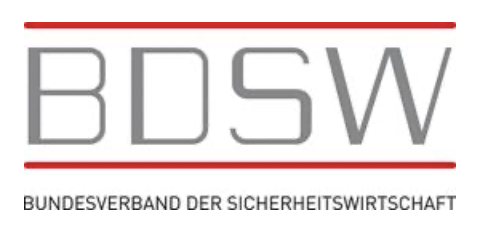Security industry is a cornerstone for economic protection in Germany
The German Security Industry Association welcomes the key points presented by the Federal Government on 15 February 2024 by Rita Schwarzelühr-Sutter, Parliamentary State Secretary at the Federal Ministry of the Interior and for Home Affairs, on the further development of the National Economic Protection Strategy as an important and overdue step in security policy, including the further development of the “Economic Protection Initiative”, which was co-founded in 2016 with the participation of the BDSW.
The threats to the German economy, especially to critical infrastructures, from crime, espionage, sabotage, cyber attacks and current geopolitical tensions and wars are latent. “In order to effectively counter these diverse risks, even closer and better coordinated cooperation between the state, security authorities, business and the security industry is essential,” says Gregor Lehnert, President of the BDSW.
Due to a lack of resources, the German economy, which is 99 per cent characterised by medium-sized companies, generally does not have its own security structures and is therefore increasingly reliant on a strong and efficient security industry. Over the past 15 years, the security industry, which employs around 270,000 people, has increasingly developed into an all-round security service provider for the economy – beyond traditional property protection – by providing integrated security solutions for business protection.
“Today, the security industry is therefore the cornerstone of effective and broad-based business protection for the German economy,” says Lehnert.
The BDSW will be involved in the development of the new National Economic Security Strategy. For the BDSW, it is particularly important as a short-term measure by the Federal Government for holistic economic protection that the parliamentary procedure for the already drafted Security Industry Act (SiGG) is initiated immediately in order to guarantee performance and security standards across the entire breadth of the security industry.
It is also imperative that the federal government takes effective measures in the short and medium term by providing sufficient personnel resources and regulatory harmonisation for security and background checks in order to achieve a significant reduction in the vetting times of security personnel in the economy. “Unfortunately, vetting times of several months have been common practice for years and must be shortened immediately in the interests of effective economic protection in Germany,” concluded Lehnert.





